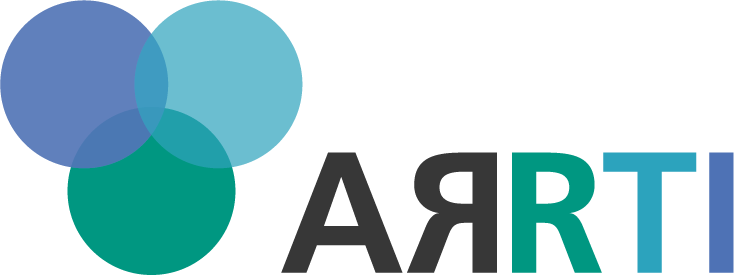CFP: Reflecting Technology in Academic Teaching. Workshop on teaching environmental, societal, and ethical dimensions of technological change
Place and Date: Karlsruhe, July, 27th / 28th, 2021
Organisation:
Rafaela Hillerbrand / Marcus Popplow (Institute for Technology Assessment and Systems Analysis & Institute for Technology Futures, Karlsruhe Institute of Technology)
Anna Antonova / Hanna Straß-Senol (Environmental Humanities Development, Rachel Carson Center, LMU Munich)
Karena Kalmbach / Andreas Spahn / Gunter Bombaerts (Eindhoven University of Technology)
Deadline for submissions: March, 31st, 2021
Scientific and technological developments have manifold effects that often go beyond the specific problem they are designed to tackle, expanding to a range of social and environmental areas. To address this, fields like history and philosophy of technology, technology assessment, and environmental humanities all analyse the environmental, social, and ethical dimensions of technological change from various disciplinary backgrounds. Thereby, they foster critical reflection of (and sometimes a corrective to) scientific and technological advances. Although strong conceptual links exist between these different fields, their institutional and pedagogical practices have grown apart over the last decades. For an encompassing perspective on the issues discussed in these fields, reciprocal references need to be strengthened, both in research and in teaching. We hold that teaching, in particular, can profit from a multi- and interdisciplinary exchange between these fields.
To stimulate discussion on related issues, we are hosting a workshop in Karlsruhe in July 2021 to discuss good practices of interdisciplinary teaching that can foster reflexivity especially, if not exclusively, in the context of Technical Universities. The workshop is a milestone event of the newly founded KIT-Academy on Responsible Research, Teaching and Innovation, ARRTI, funded by the Excellence Strategy of German Universities, which aims to foster critical reflection amongst KIT students and researchers on their engineering and scientific practices. The workshop is organised in cooperation with colleagues at Eindhoven University of Technology and the LMU Munich.
We invite junior as well as senior lecturers from diverse disciplinary backgrounds to share their experiences in interdisciplinary teaching. We welcome presentations of experiences with particular courses and lectures at all levels – from introductory courses through project and practice-oriented seminars, to colloquia for Ph.D. students –as well as reflections on the conceptual didactical level for diverse groups of students from the humanities, social sciences, and engineering and natural sciences. Contributions are expected to be given in English.
Potential topics for presentations include
• Challenges and strengths of interdisciplinary teaching
• The role of humanities in education about technologies
• Didactical best practices, educational methods and innovations
• Experiences in teaching humanities to non-humanities students
• The importance of critical reflection for technical universities
• Measuring effect of humanities education in engineering curricula (motivation, critical thinking, competences, …)
• Integrated curriculum approaches
• …
The workshop continues a tradition of workshops on teaching the history of science and technology. Contributions to an earlier workshop at the Technical University Berlin may serve as a reference, accessible online (www.ksp.kit.edu/9783731509028, in German only). Recent workshops such as “Meeting the Challenge of Engineering Ethics” in Eindhoven in 2019 (https://www.sefi.be/2020/01/22/meeting-the-challenge-of-engineering-ethics-education-the-sefi-ethics-sig-workshop-2019/) and ”Teaching Environmental Humanities” at the Rachel Carson Center in Munich (https://www.carsoncenter.uni-muenchen.de/events_conf_seminars/event_history/2019-events-history/conferences2019/environmental-workshop/index.html) can also serve as an inspiration for potential participants.
Please send in your proposals for contributions (no more than 250 words, along with a brief CV) by March, 31st, 2021 to: technology_teaching ∂does-not-exist.itz kit edu.
The final program will be published in May 2021. At the moment, we assume that the workshop cannot take place in person in Karlsruhe due to the Corona pandemic and will be organized as an online-event. If a hybrid format turns out to be possible, travel and accommodation costs will be covered for presenters who wish to come to Karlsruhe. Please contact us for any questions that might arise at the mailing address mentioned above. We look very much forward to stimulating exchanges.
Rafaela Hillerbrand
Marcus Popplow

